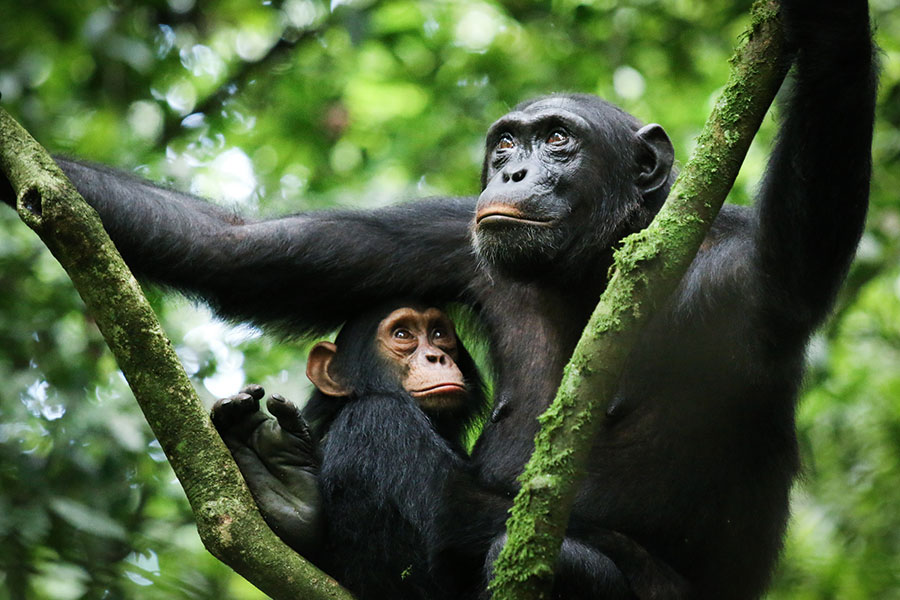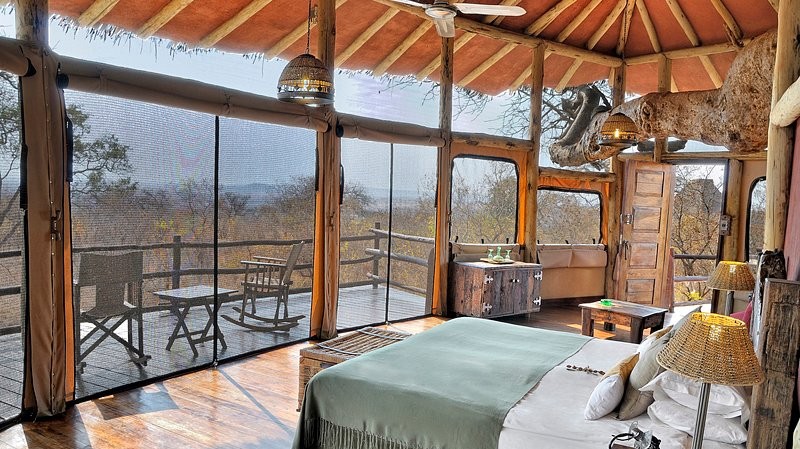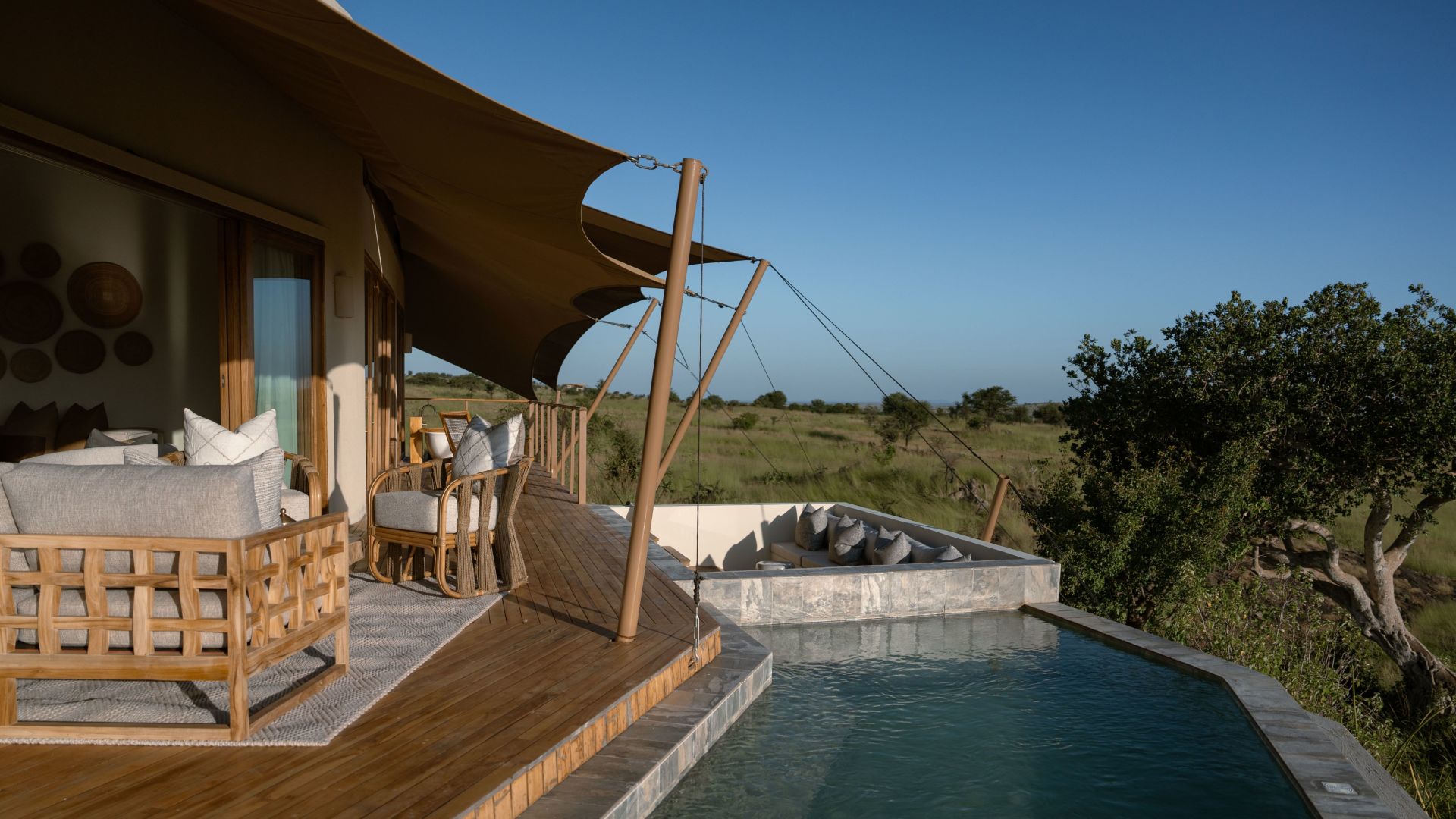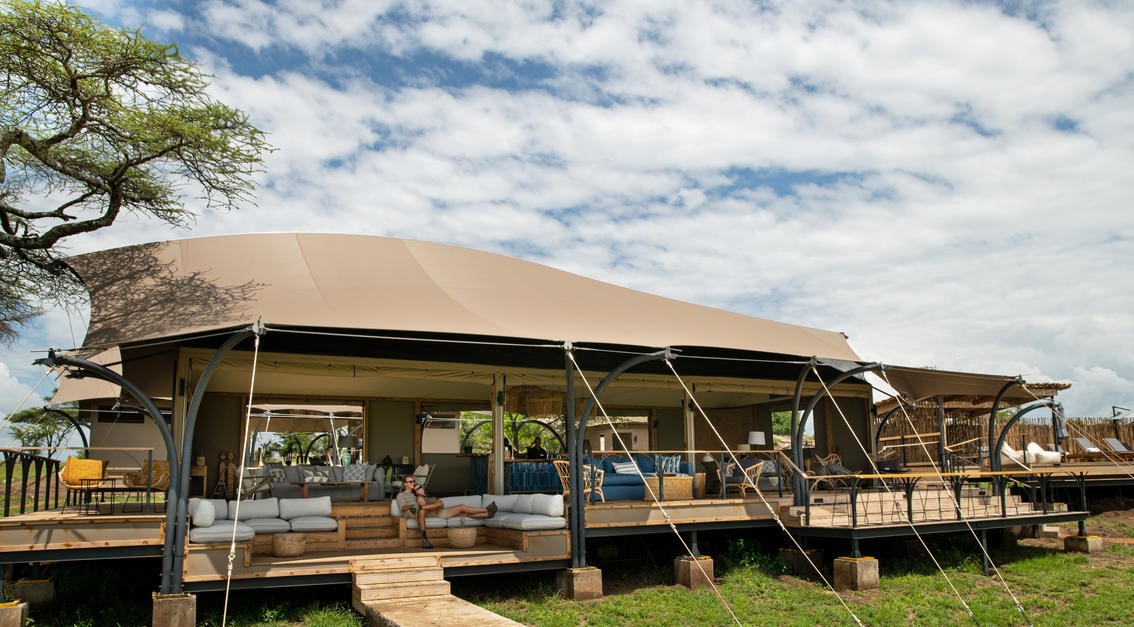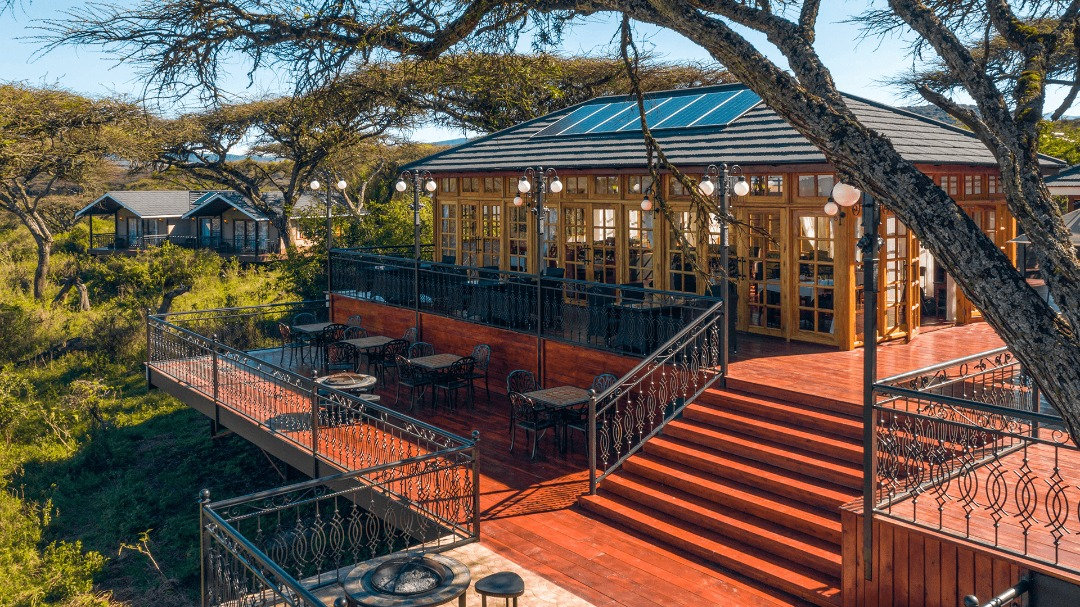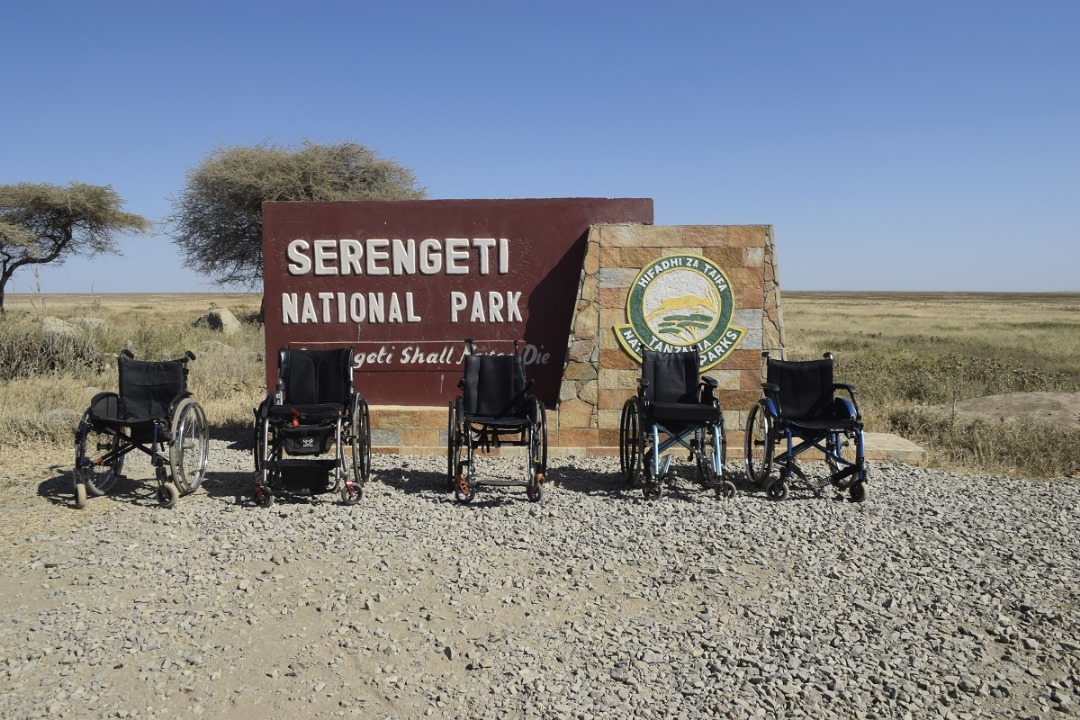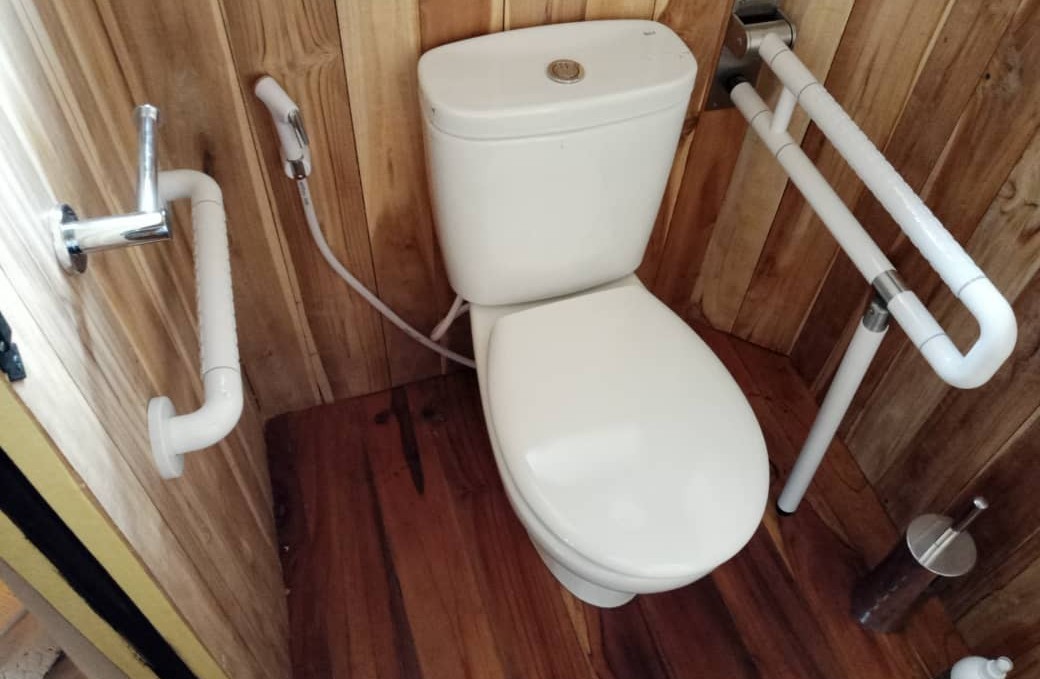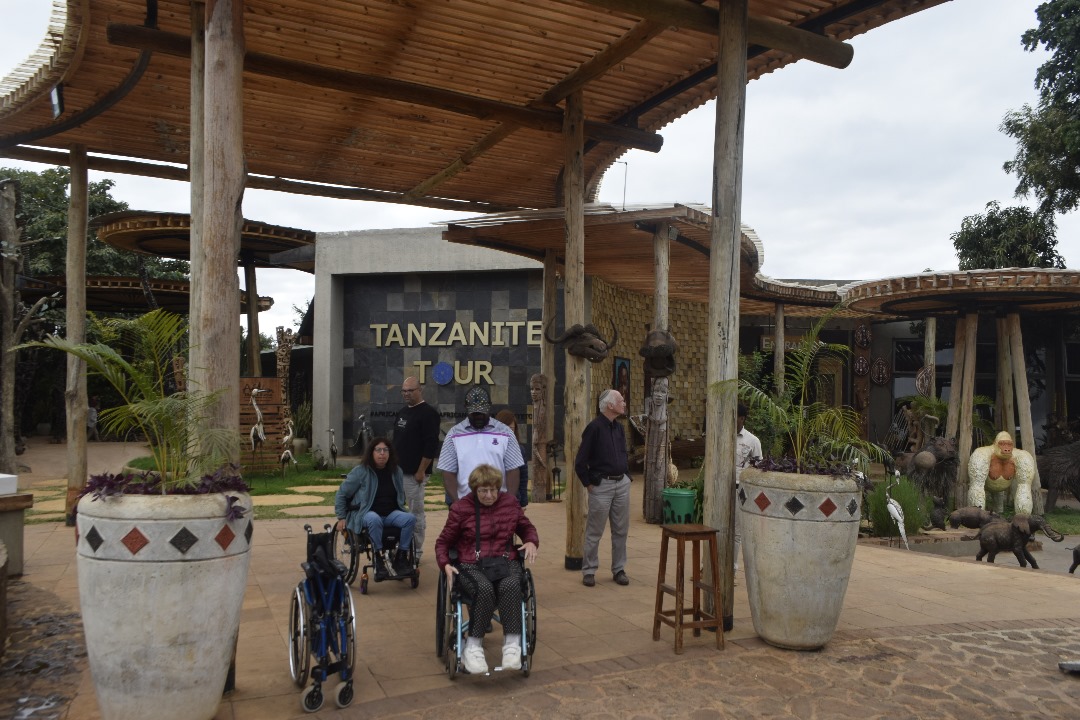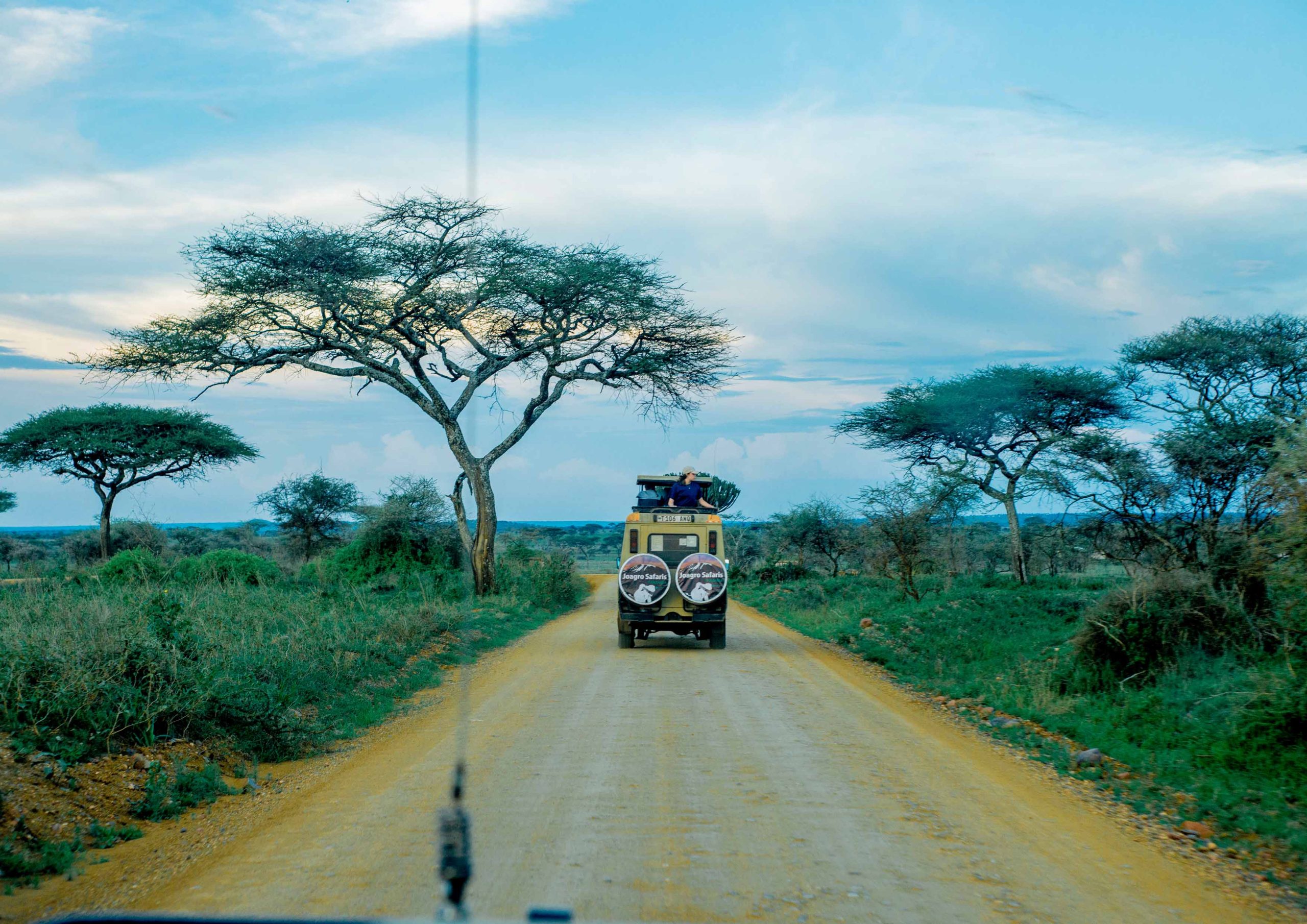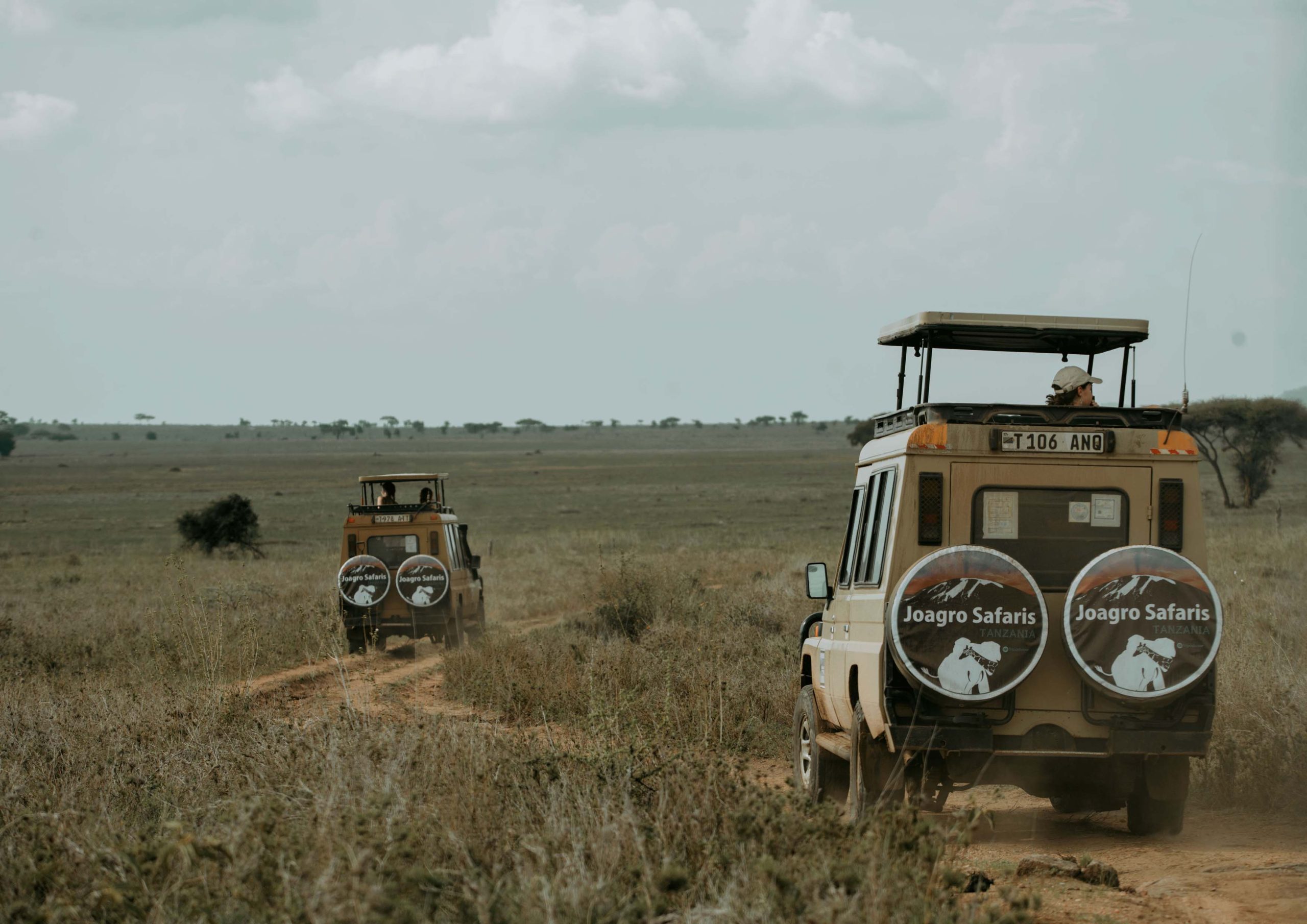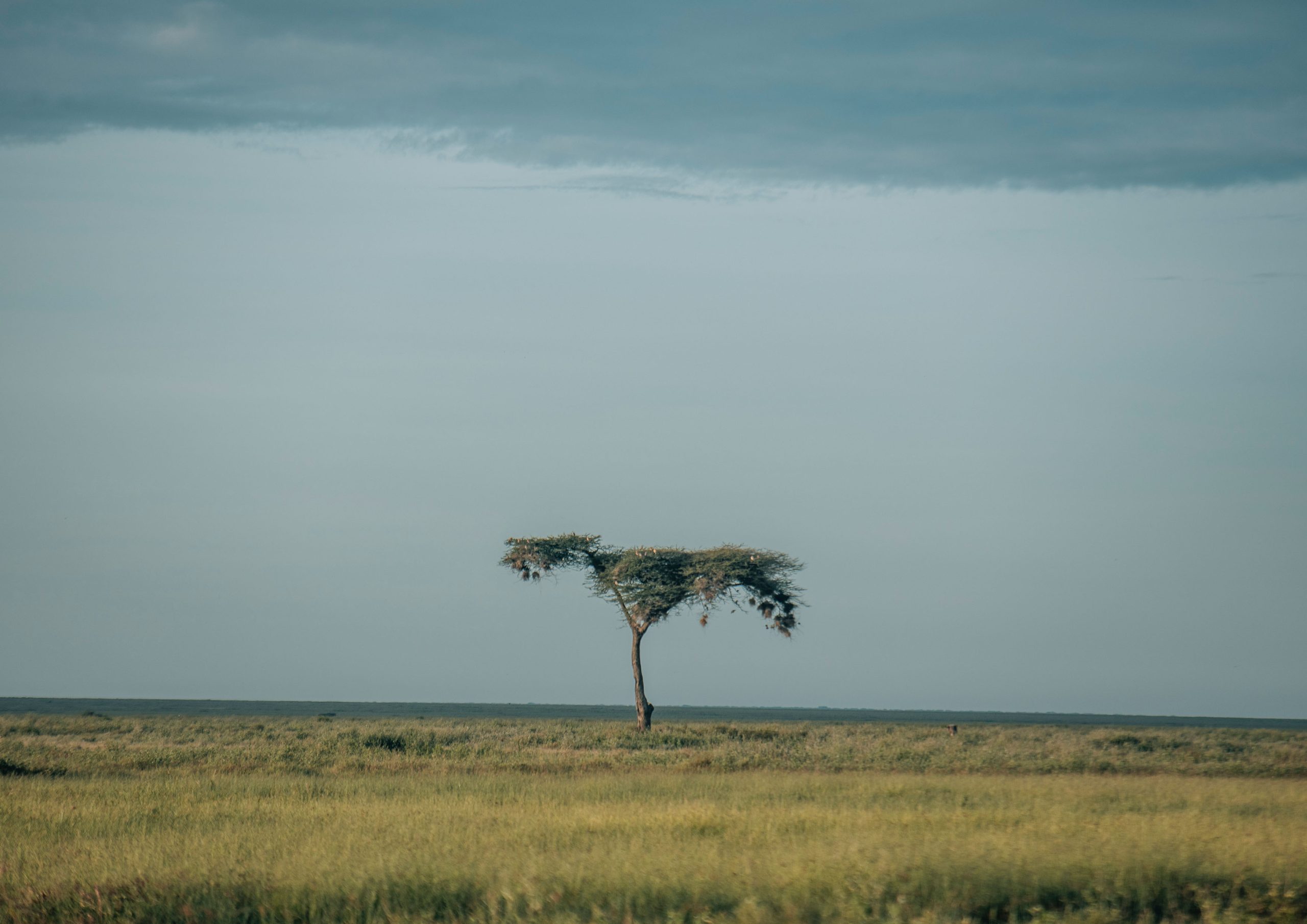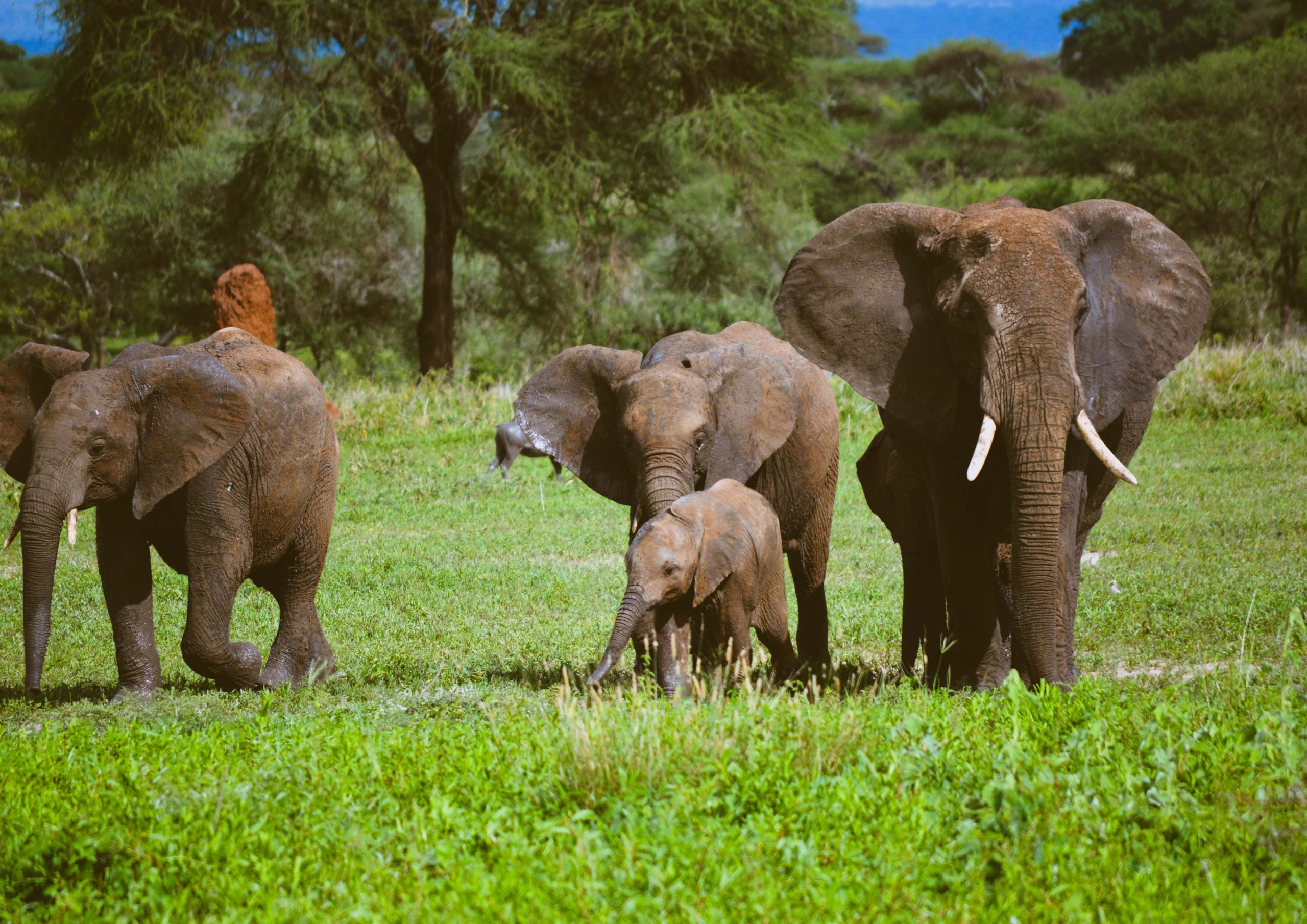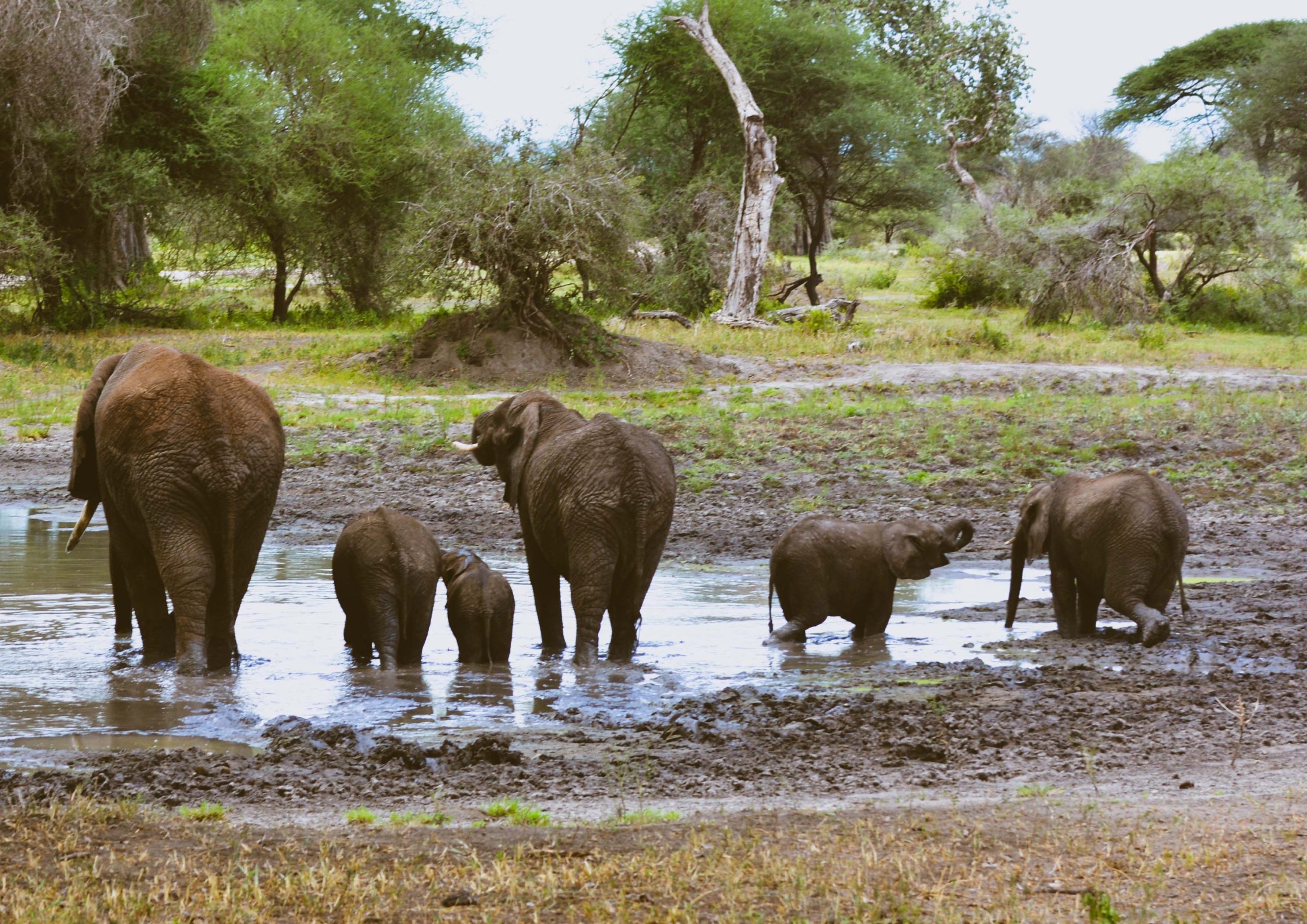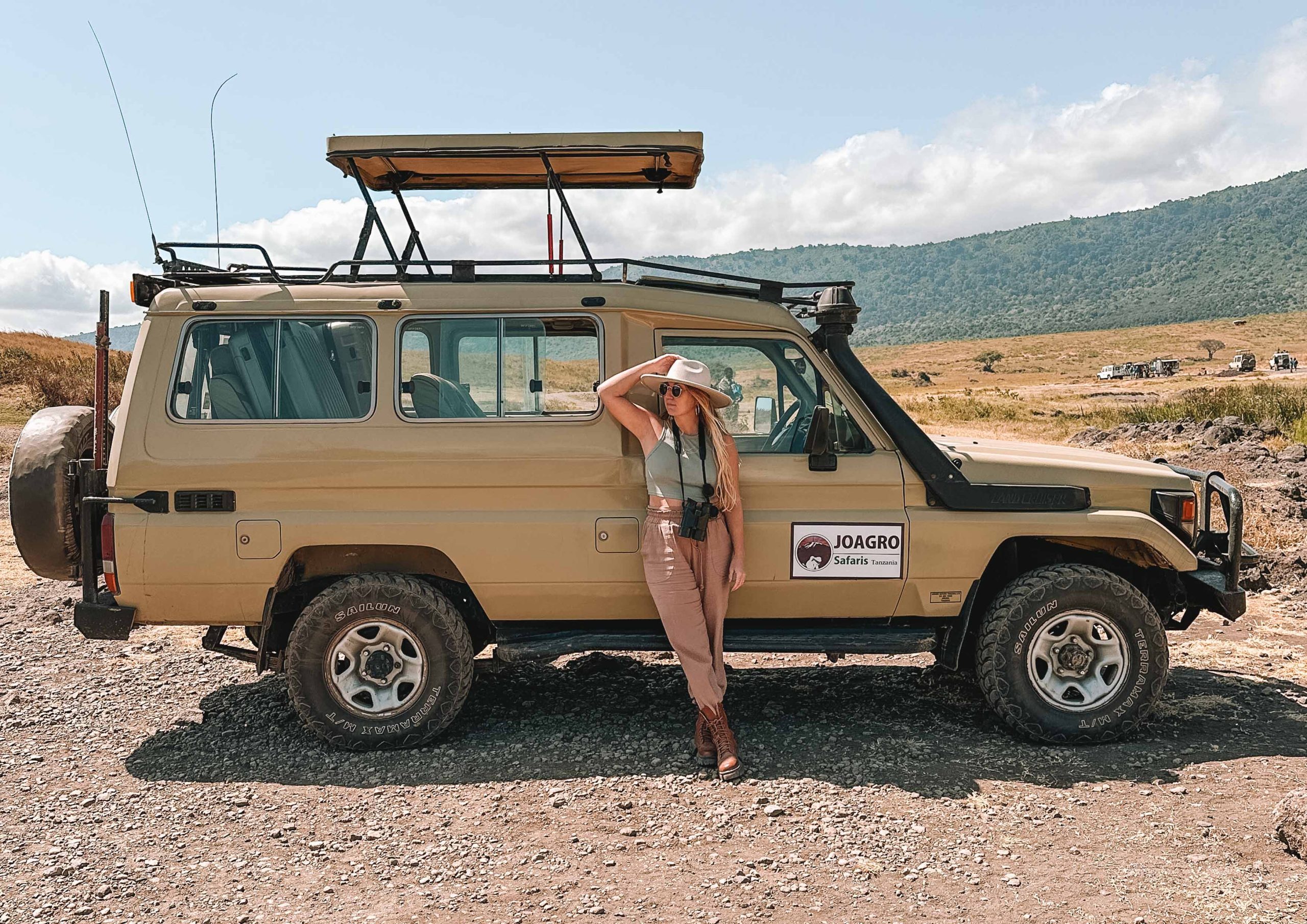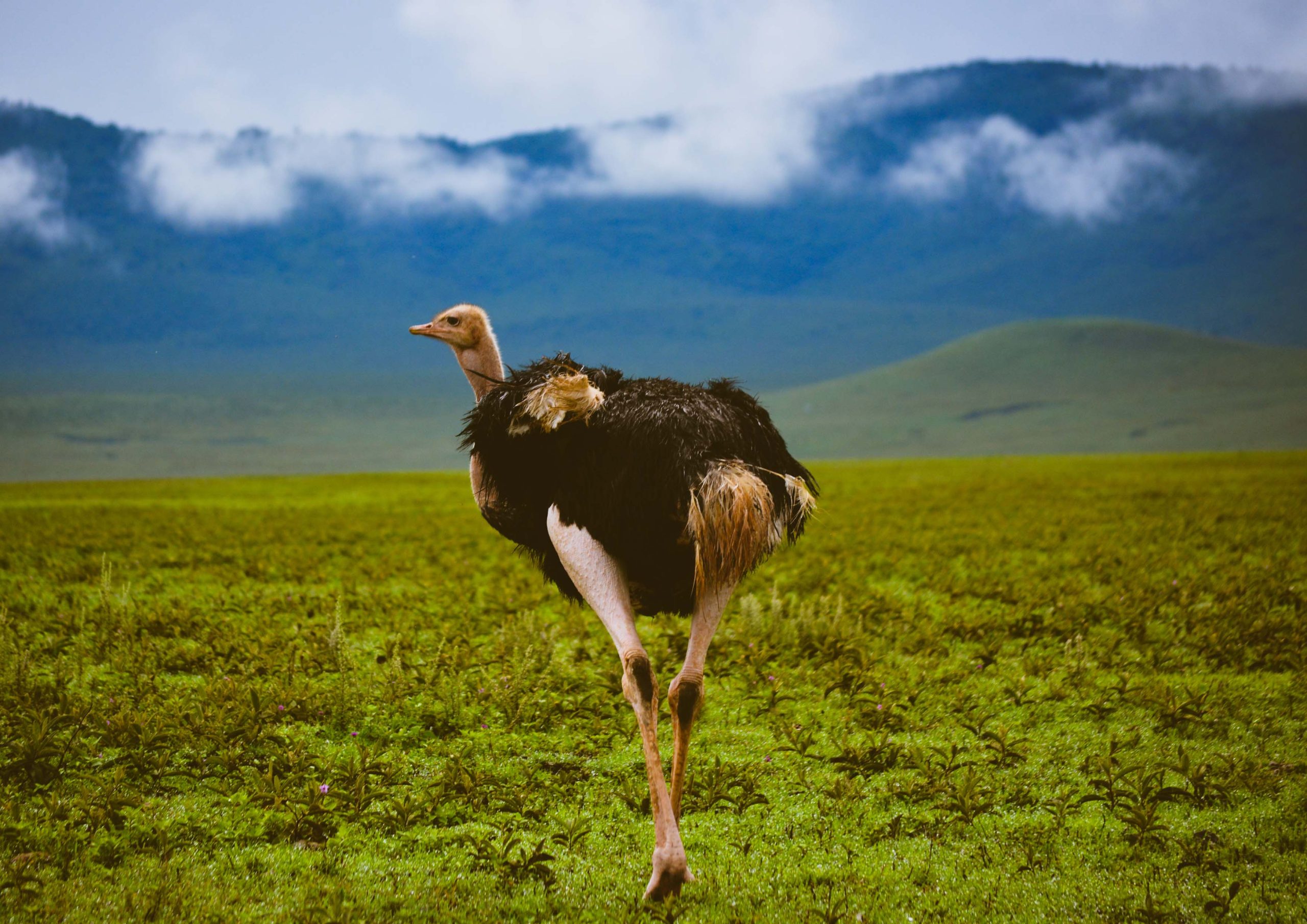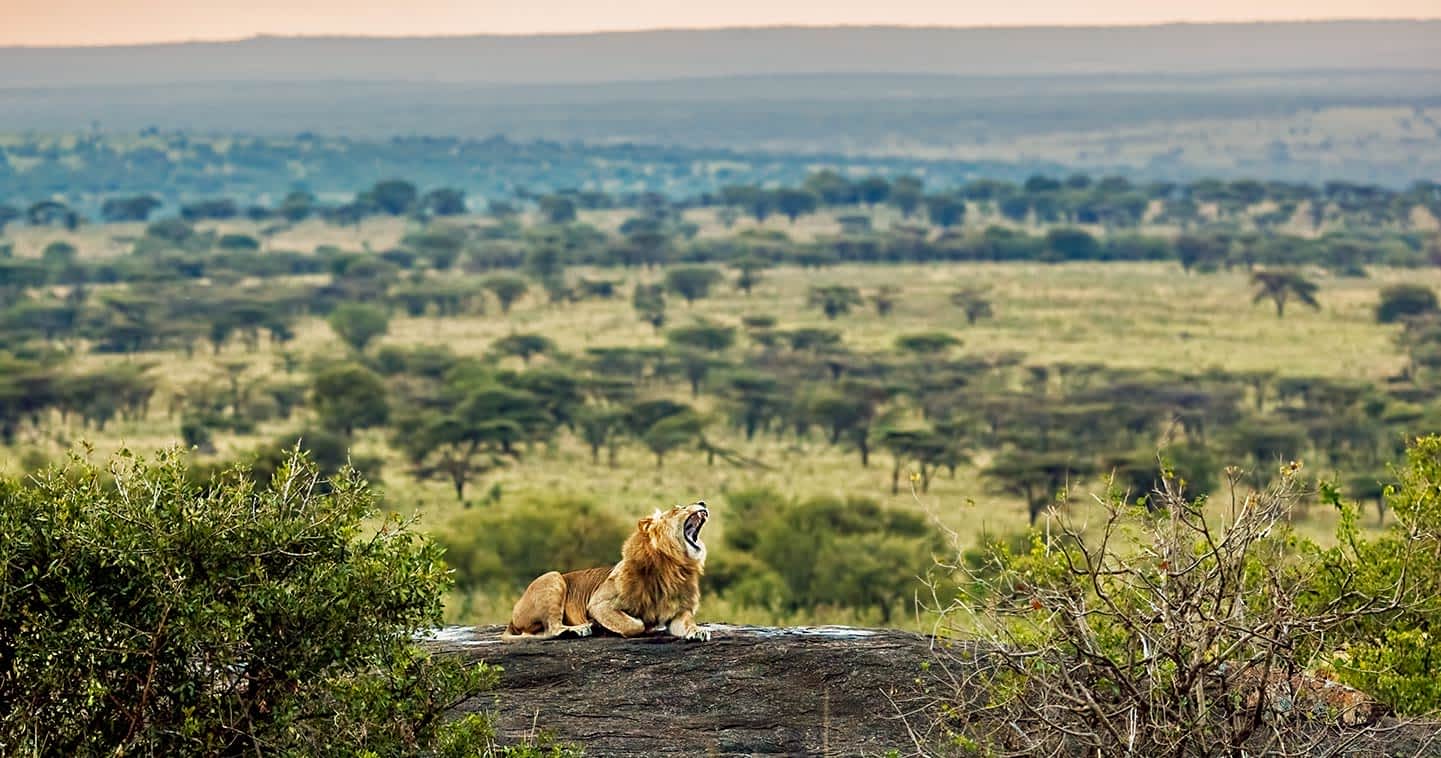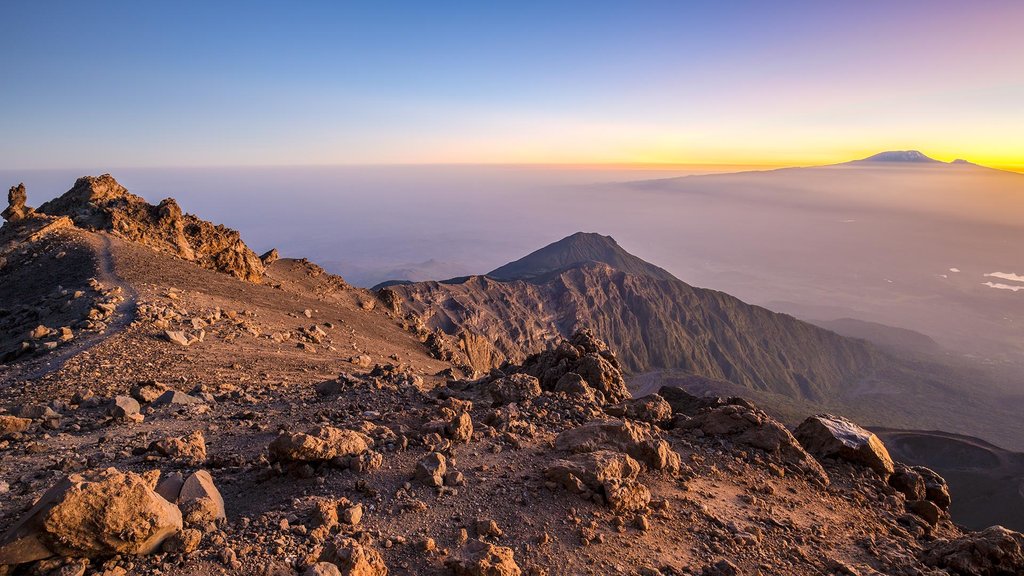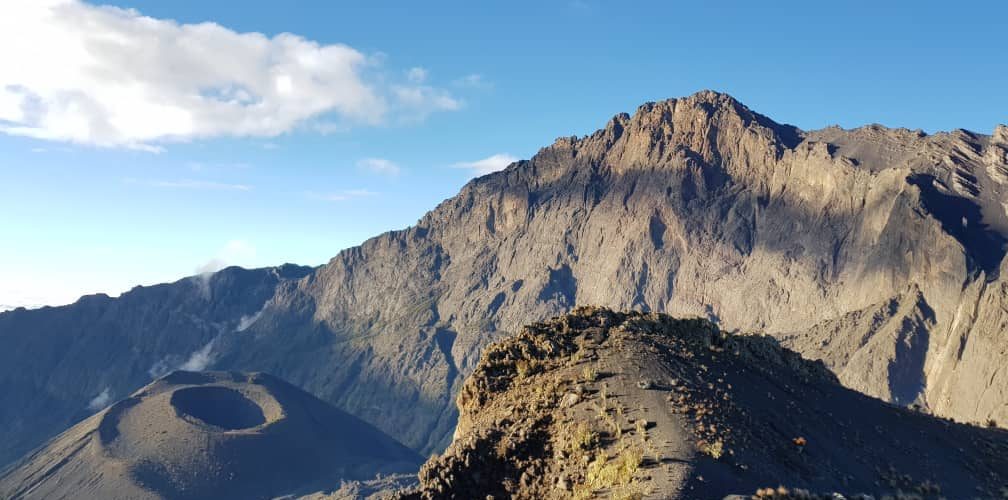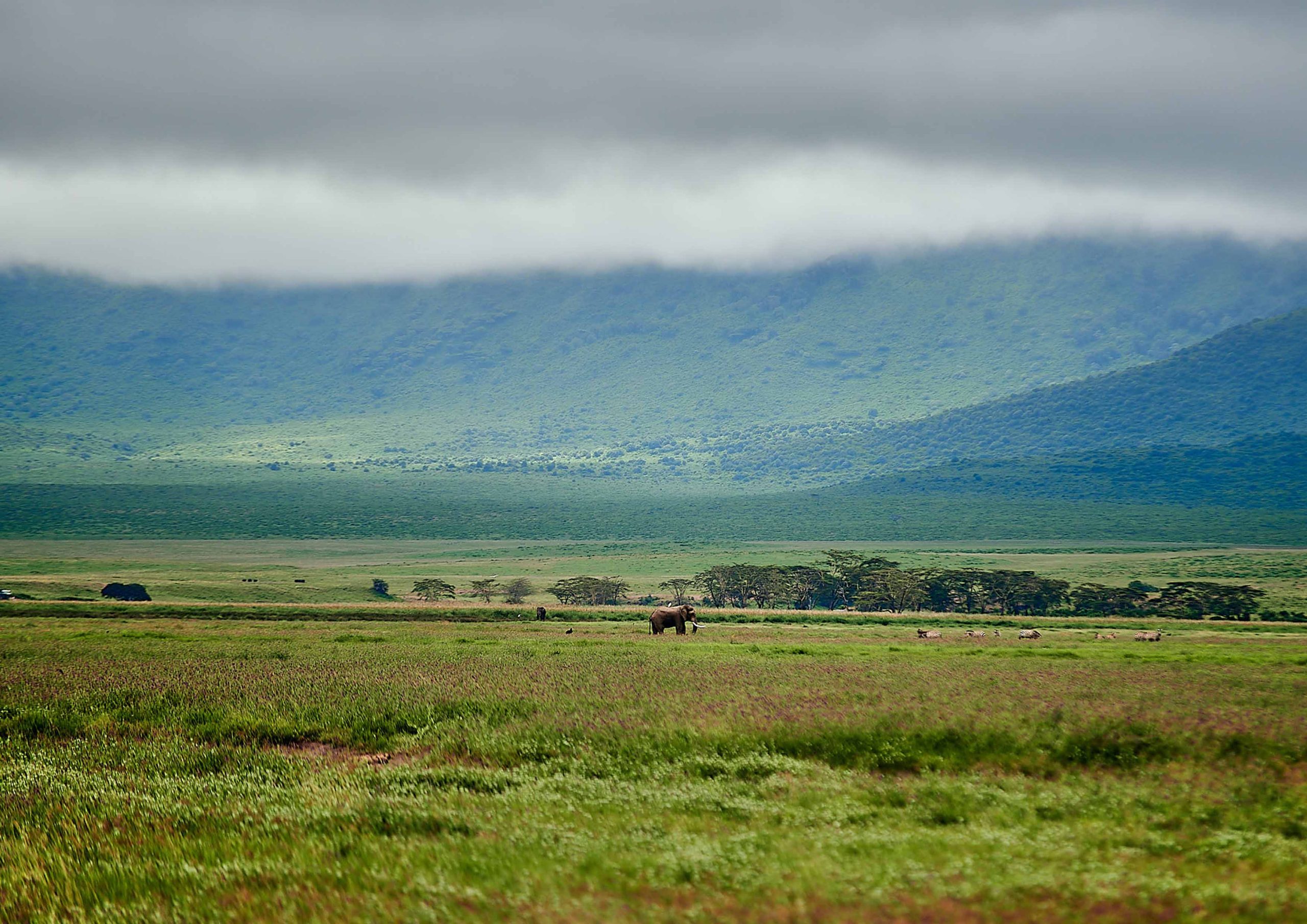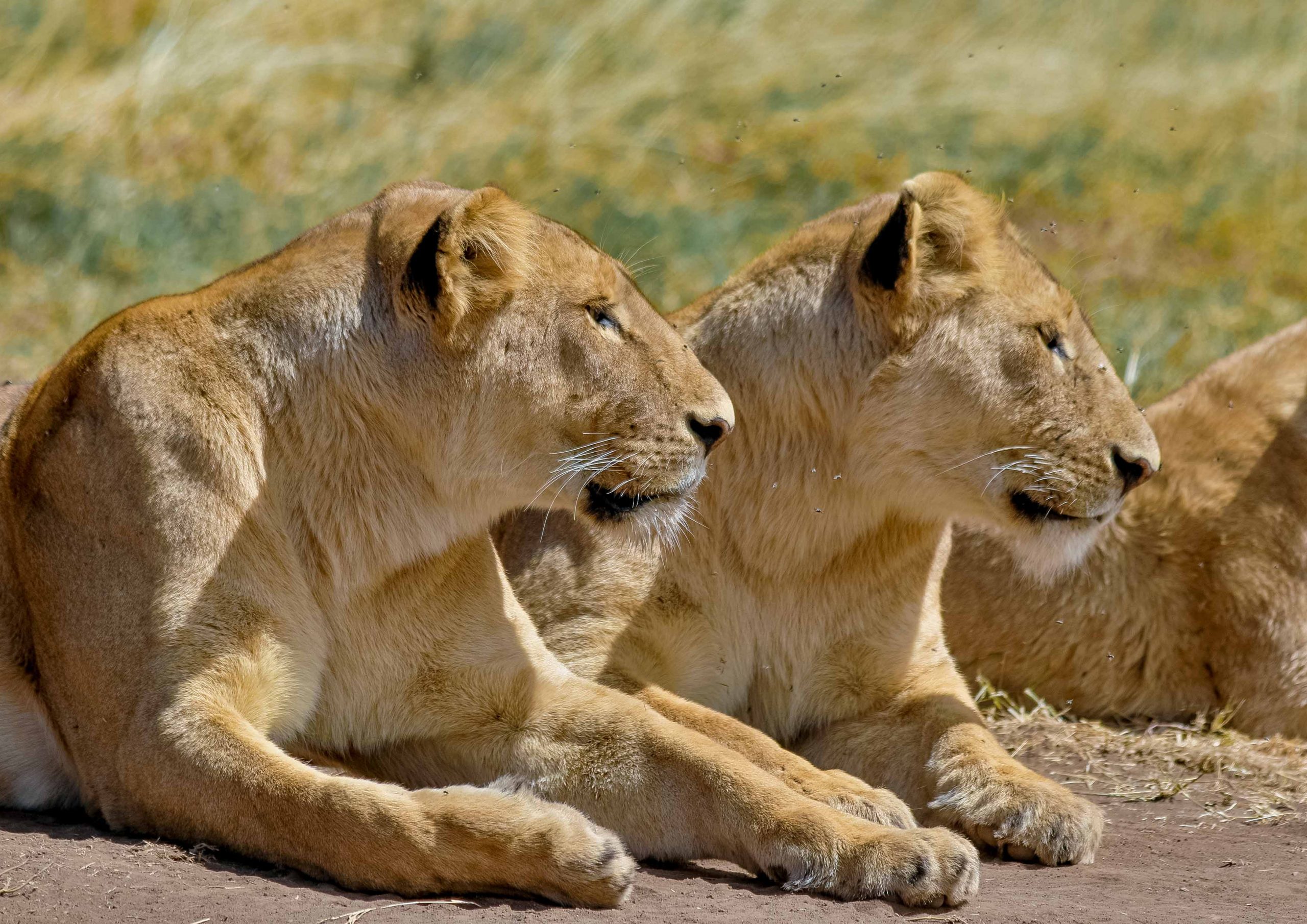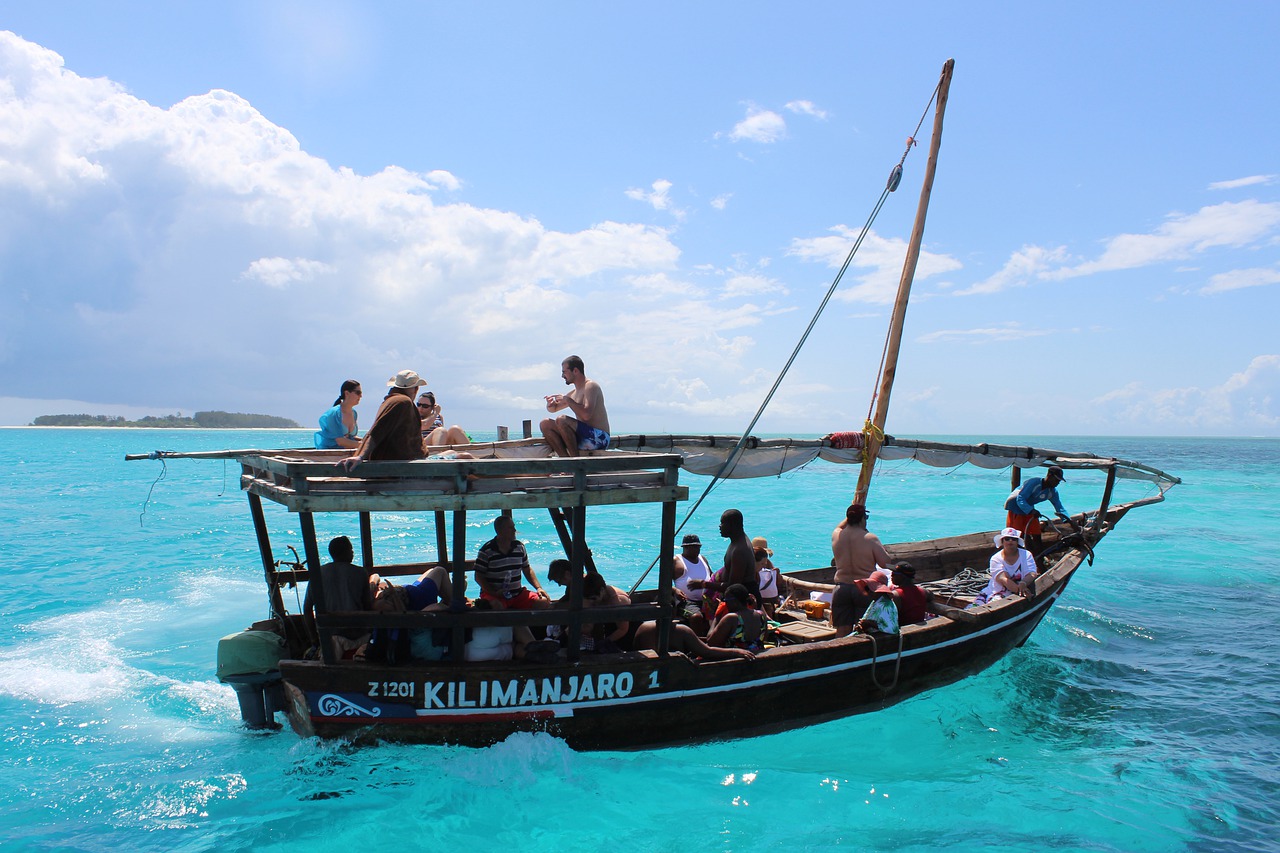Why is it important to book a Tanzania safari with local tour operators?
In today’s interconnected world, planning a trip is easier than ever. With just a few clicks, travelers can browse through countless booking platforms, comparison websites, and international travel agencies offering ready-made itineraries to almost any destination on Earth. However, beneath the polished images and flashy discounts, there is a quieter, often-overlooked option that holds far more value for both the traveler and the destination: booking directly with local tour operators.
This isn’t just a matter of cutting out the middleman for a cheaper price — it’s about unlocking authenticity, supporting local economies, ensuring your money benefits the communities you visit, and experiencing a level of personalization and care that larger, detached operators can rarely match. Whether you are planning a wildlife safari in Tanzania, a cultural tour in Morocco, or a trekking adventure in Nepal, the choice to book directly with local operators can transform your trip from a packaged product into a meaningful journey.
In this comprehensive exploration, we’ll dive deep into why this choice matters — for your wallet, for the planet, and for the human connections that make travel truly unforgettable.
1. Understanding the Travel Supply Chain
Before exploring the reasons to book direct, it’s important to understand how the travel industry typically works. Many travelers book their holidays through large international agencies, who then subcontract the actual tour to ground handlers — the local companies that physically operate the trips. These local companies handle the vehicles, guides, accommodations, permits, and on-the-ground logistics.
In this chain:
-
The traveler pays the international agency.
-
The agency takes a commission (often 20–50% of the total cost).
-
The local tour operator receives the remaining portion to actually run the trip.
By the time the local tour operator is paid, the budget for delivering your experience may be squeezed, which can affect quality, guide pay, and even safety measures. When you book directly, you bypass these inflated margins, ensuring that your money is spent where it matters most — on your actual experience.
2. Better Value for Money
One of the most immediate benefits of booking direct is financial. Without the layers of commission that intermediaries add, local operators can offer you more competitive prices for the same, or often better, services.
Example:
Imagine you’re booking a 7-day safari through an overseas agency for $4,500. That agency might pass only $2,500–$3,000 to the actual Tanzanian operator. If you booked direct with the Tanzanian operator, they might charge $3,500 for the same itinerary, allowing you to save $1,000 while the local operator earns more to invest in quality and sustainability.
This is not about “cheap travel” — it’s about fair travel. You pay a fair price, and the people delivering your trip earn fair compensation.
3. Direct Communication Means Clarity
When you book through a middleman, you often communicate with sales agents who may never have set foot in the country you’re visiting. They rely on second-hand knowledge and standard packages, which can lead to misunderstandings or mismatched expectations.
Booking direct puts you in touch with the people who will actually operate your trip:
-
You can ask specific, detailed questions about logistics, weather, and cultural etiquette.
-
You can clarify inclusions, exclusions, and customization options without the risk of information getting “lost in translation” between multiple parties.
-
You gain insider tips from people who live and breathe the destination.
This eliminates the frustrating “I’ll get back to you” delays and provides more accurate answers.
4. Customization and Flexibility
Local operators are not bound by rigid corporate packages. They can tailor an itinerary to your preferences — whether you want to add a cultural experience, spend extra days in a national park, or change your accommodation level.
For instance:
-
Want to combine a Serengeti safari with a local village visit? A local operator can arrange it overnight.
-
Decided to swap a beach day for a mountain trek? They can make adjustments on the spot.
This flexibility can make a huge difference if unexpected changes occur — such as flight delays, weather disruptions, or simply a change of heart mid-trip. Large agencies often can’t adjust itineraries without extra bureaucracy.
5. Authenticity and Cultural Immersion
One of the richest rewards of booking with local tour operators is the authenticity they can provide. Local guides are not just trained professionals — they are storytellers, cultural ambassadors, and living bridges between visitors and their heritage.
Booking direct often means:
-
Cultural depth: Guides can share local legends, traditions, and personal stories that you won’t find in guidebooks.
-
Unique experiences: From joining a family for a home-cooked meal to participating in local festivals, you can access opportunities beyond the scope of mass-market tours.
-
Language connection: Many local guides are multilingual, making it easier to engage with the communities you visit.
This transforms your trip from sightseeing into meaningful cultural exchange.
6. Economic Benefits for the Destination
Tourism is a powerful economic engine, but in many destinations, a large portion of tourism revenue “leaks” out of the country because it is captured by foreign-owned agencies, airlines, and hotel chains.
By booking direct with local operators:
-
A greater percentage of your money stays in the local economy.
-
Local businesses can pay better wages to their staff.
-
Communities can invest in infrastructure, education, and conservation.
-
Economic benefits are distributed more evenly, reducing dependency on foreign aid.
In destinations like Tanzania, Kenya, and Nepal, this choice can have profound effects on livelihoods.
7. Environmental and Conservation Impact
Many local operators are deeply invested in conserving the natural environments that sustain their livelihoods. By booking directly, you support businesses that have a personal stake in protecting wildlife, landscapes, and ecosystems.
Local operators often:
-
Work with community-based conservation projects.
-
Follow sustainable practices in waste management, fuel use, and wildlife viewing.
-
Educate travelers on responsible tourism behaviors.
Foreign intermediaries may market themselves as “eco-friendly,” but true sustainability is best achieved by those who live alongside the habitats they protect.
8. Ethical Employment and Fair Wages
When you book through international agents, there’s no guarantee that your guides, drivers, and porters are paid fairly. In some cases, underpayment is the hidden cost of competitive international pricing.
By working directly with local operators, you can:
-
Ask how they compensate their staff.
-
Support companies that provide fair wages, training, and career growth.
-
Encourage ethical hiring practices and gender inclusivity in tourism.
9. Faster Problem Resolution
If something goes wrong — luggage delays, overbooked hotels, or sudden illness — a local operator can act quickly. They are on the ground, connected to local networks, and can personally step in to solve problems.
By contrast, if you book through a middleman:
-
Issues often need to be relayed to the foreign agent.
-
The foreign agent contacts the local operator.
-
Solutions may be delayed due to time zones, communication gaps, or contractual limitations.
With direct booking, you get faster, more human responses.
10. Transparency in Pricing
Local operators can give you a detailed breakdown of where your money goes — park fees, accommodation, guide wages, fuel, and so on. This level of transparency is rare with large agencies, which often bundle costs into a single opaque price.
Transparency helps you:
-
Understand the real costs of travel in the destination.
-
Avoid hidden fees and surprise expenses.
-
Appreciate the value of what you’re paying for.
11. Stronger Traveler-Guide Relationships
When you book direct, your relationship with your guide begins before the trip even starts. You might correspond via email, WhatsApp, or even video calls, building familiarity and trust.
By the time you arrive, you’re not just meeting a stranger with a name badge — you’re reconnecting with someone you already know. This rapport can make the entire experience warmer, more relaxed, and more memorable.
12. Unique Insider Access
Local operators often have special relationships with community leaders, lodge owners, and park rangers. This can give you access to experiences that are simply not available through large, generic agencies.
Examples include:
-
Visiting conservation research stations not open to the general public.
-
Attending private cultural performances.
-
Getting early-morning entry to certain attractions.
13. Resilience Against Tourism Seasonality
In many destinations, tourism income is highly seasonal. Booking directly can help local operators manage cash flow more evenly, allowing them to retain staff year-round and invest in their businesses during low seasons.
14. Your Money Has a Name
When you book direct, you know exactly who is benefiting from your payment. You can meet the owner, shake hands with your guide, and see the impact of your trip firsthand.
This personal connection makes travel more than just a transaction — it becomes a shared story between you and the people who made it possible.
15. Supporting Small Business Innovation
Local operators are often more agile than big agencies. They can quickly introduce new tours, routes, and experiences in response to changing traveler interests, community needs, or environmental conditions.
By supporting them, you help fuel creativity in the travel industry.
Conclusion: A Better Way to Travel
Booking directly with local tour operators is more than a budget-friendly alternative — it’s a conscious choice to travel in a way that benefits everyone involved. It strengthens local economies, enriches your experience, reduces unnecessary intermediaries, and fosters deeper cultural connections.
In an era where travel can often feel like a commoditized product, booking direct re-humanizes the process. It reminds us that behind every itinerary, there are real people — guides, drivers, cooks, artisans, conservationists — whose passion and dedication turn journeys into lifelong memories.
When you choose to book direct, you’re not just a tourist. You’re a partner in a shared adventure, a supporter of sustainable livelihoods, and a friend to the destination you’ve chosen to explore.



